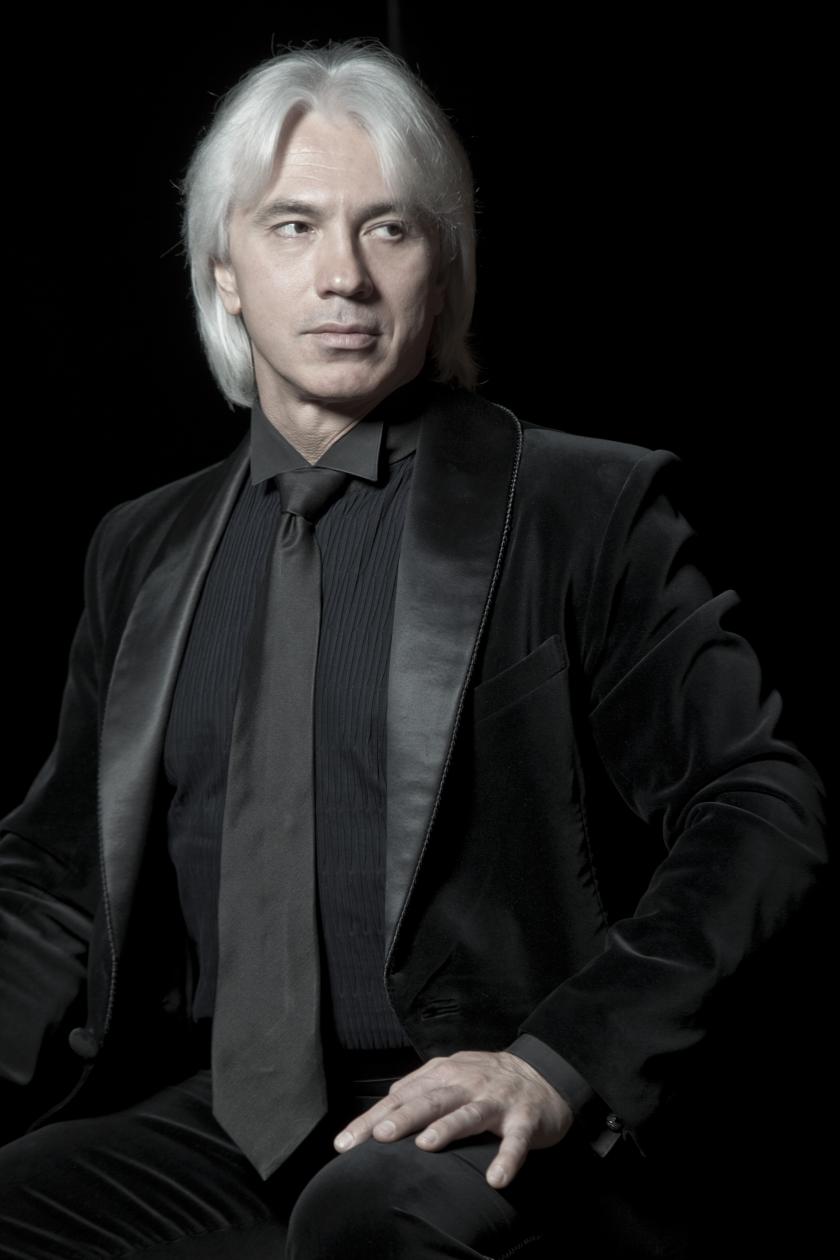Tchaikovsky songs, the most obvious missing link in Olga Borodina's all-Russian programme a couple of Fridays back, formed a spare but unforgettable apex to this second recital in the Barbican's Great Performers series. That in itself, and unusual repertoire - Sviridov the other week, Tchaikovsky's rigorous protégé Taneyev last night - gave the sense of a mini-festival in two concerts. Not forgetting the fact that after Borodina, Amati viola among mezzos, came Hvorostovsky, Guarnerius cello of baritones.
Which was almost as far as it went for three-quarters of this much less inflected and coloured star appearance. The famous long-breathed, burnished lines, the equal of a cellist with unobtrusive bow changes, were at work in the very first song, Fauré's "Automne", but had you approached it blindfold and not knowing the mélodie, you'd have guessed that Hvorostovsky had opted, unlike Borodina, for Russian gloom from the start - until, that is, the word "jeunesse" finally emerged out of the murk. "Sylvie" needed a lightening, a smile, but Hvorostovsky doesn't really do either, and though in one sense sure and handsome on the platform, he doesn't know what to do with his hands: they come to rest uneasily on the piano or semaphore different emotions from what we're hearing.
Still, the legato is enough to hold the attention of listeners other than the devoted Russian ladies of all ages in the audience; the majority, who needed no persuading, flashed their cameras until eventually asked not to, and - as in the Borodina recital - applauded prematurely after every song, often before pianist Ivari Ilja had wrought any one of his well-differentiated rounding-offs. The best of those came in Taneyev's "Stalactites" - bad lyrics, like the rest of this composer's choices, you've guessed the analogy with frozen love-tears, but a subject that at least allows the mesh of piano's frozen droplets and baritone's arching phrases.
Tchaikovsky's killer song is an epitaph as deadly as the finale of the Sixth Symphony: 'Again, as before, alone'
If the vocal variety had been greater, this would have been another perfect programme. The second half began with the unfurling of the longest lines and infinitely held notes in Liszt's "Oh! Quand je dors" and two of the Petrarch Sonnets (today, by the way, is the exact 200th anniversary of Liszt's birth). Then it headed for the often desolate simplicity of Tchaikovsky's Six Last Songs of 1893, as we might call them - as involved with grief and nostalgia as Strauss's four are with bringing down a rosier curtain on love and life. Hvorostovsky rightly went for the simplicity of the line of "We sat together", the almost desperate ardour of "Amid sombre days" and - the killer - an epitaph as deadly as the finale of the Sixth Symphony: "Again, as before, alone".
We now know that for the composer, in his final year, depression and a sense of having conquered the demons were still battling it out before his untimely, never-to-be-clarified death. But this does seem like suicide time, and it was done with such a focused sense of barely contained anguish that the instant encore, the Neapolitan ersatz emotion of "Passione", felt like an insult: certainly one severe Russian woman took it as such, fleeing the hall when she heard a grinning Hvorostovsky make the announcement (this turns out to be my own wishful thinking - see below). Rachmaninov's "In the mysterious silence of the night" was more like it - less of the essence than the Tchaikovsky, but allowing Hvorostovsky to end on one of his long-held money notes. A tad narcissistic? Certainly, but when you look and sound like that, how could it be otherwise?













Comments
Add comment